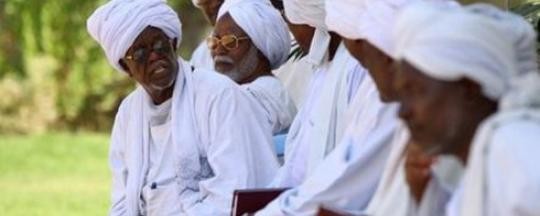The leadership of the Misseriya tribe have announced their compliance with the African Union (AU) mediators’ proposal to conduct a referendum on the future of the contested Abyei region scheduled to take place in October.
The move marks a dramatic turnaround following the community’s rejection of the AU’s proposal earlier this week. They claimed that South Sudan’s president does not respect the recent bi-lateral cooperation agreements and praised Sudan’s decision to halt oil production.
Mohammed Omar al-Ansari announced:
“If Salva Kiir doesn’t want to respect the signed agreements with Sudan then, let President Bashir abolish all the agreements including Abyei protocol.”
In a press statement since, al-Ansari claimed that the Misseriya community would accept a referendum but only in accordance with the Abyei protocol, as cited in the Naivasha agreement.
He reaffirmed the commitment of the Misseriya people to last September’s cooperation agreement between presidents Omar al-Bashir and Salva Kiir in order to prepare for the referendum and govern the area effectively.
Ansari added, in response to a recent statement by the U.S. Ambassador to Juba, that the United States has nothing to do with developments in Abyei. He was referring to U.S. efforts to lobby the AU into persuading Sudan to uphold the October timeline for the referendum.
“That is America, are they part of Ngok Dinka tribe?” Ansari questioned.
A special AU mediating team, under the leadership of Thabo Mbeki, made the proposal for an October Abyei referendum last year, in spite of strong opposition from the Sudanese government. The referendum was initially planned to take place alongside South Sudan’s referendum on independence in January 2011 but disagreements, including over eligibility to vote, triggered its postponement.




